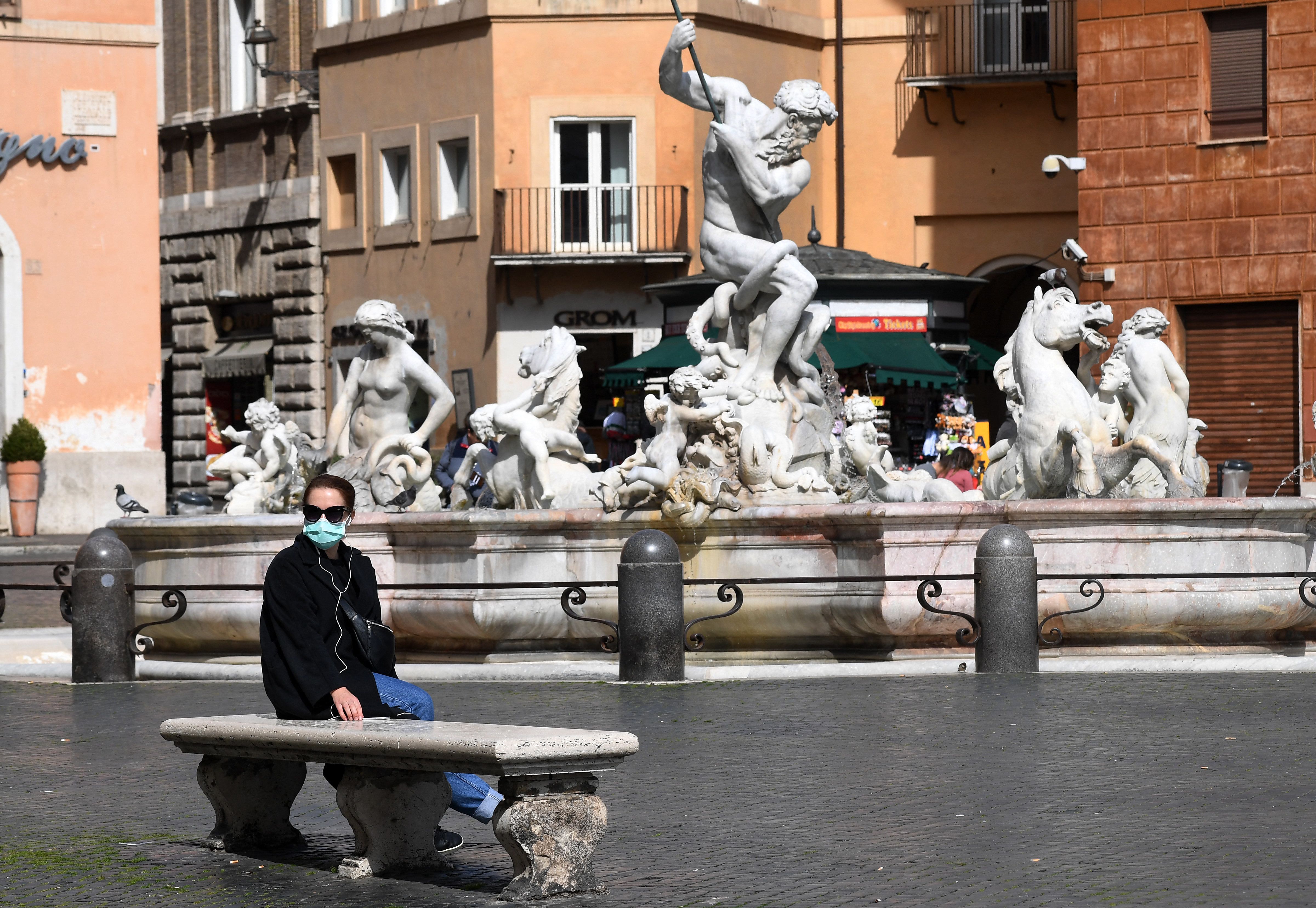March 10, 2020
As anxiety about the coronavirus outbreak continues to mount, it's worth taking a step back and looking at how different countries have handled this global health emergency. Here's a quick roundup:
Chinabungled its early response to the new and deadly virus when it first emerged in the city of Wuhan in December. It's only just now starting to get things back under control after a severe crackdown that imposed huge economic and social costs on its 1.4 billion-strong population. Contrast China's aggressive and apparently effective measures with those of Iran, where an authoritarian government exacerbated its early mistakes by refusing to cordon off infected areas and – allegedly – covering up the true number of cases, resulting in a sharply climbing death toll.
Asian democracies with strong central governments and competent, technocratic bureaucracies have fared relatively well during the outbreak. To date, Taiwan has managed to keep the outbreak to a few dozen cases by steadily expanding tests, travel restrictions, and quarantines as the scope of the emergency became clearer in January and February. Singapore has managed a similarly effective response – a necessity given its proximity and economic ties with the Chinese mainland. South Korea was hit hard early on, but appears to have avoided the need for a China-style crackdown by rapidly expanding testing and mobilizing its strong pandemic preparedness resources. Other countries are now looking to replicate these efforts.
Italy was caught off-guard by how quickly the virus spread across its northern industrial heartland. A few weeks ago, it had just a handful of cases. Now it has the highest reported death toll of any country outside of China. This week, the government launched the most aggressive crackdown so far of any Western democracy, including sharp restrictions on travel and banning public gatherings. (Still, that falls short of the "wartime" conditions imposed in Wuhan, where residents were subject to door-to-door health checks and sick people were herded into quarantine camps). Meanwhile, cases in France, Spain, and Germany are growing fast. More aggressive measures to slow the spread of the disease in these countries may also become increasingly likely in coming days.
Then there's the US. Although the Trump administration imposed restrictions on travel to and from China and Iran by early February, the broader US response has been hampered by a lack of access to testing kits (which the administration initially refused to accept from the WHO) and muddled (to put it kindly) messaging from the White House. On Monday, a former national security official who used to head pandemic preparedness at the White House before his position was cut in 2018 warned that time was running out for authorities to get the outbreak under control.
Bottom line: Governments that missed their initial chance to contain the threat can still make up lost ground – but at a heavy cost. In both cases, competent authorities and solid public health strategies are only part of the solution. The other big variable is whether citizens themselves support governments and work with them – as seems to be the case in many of the Asian countries – or disregard and distrust them. With the virus bearing down on a widening swathe of Europe and the United States, we will soon find out a lot more about how well the Western democracies cope with this challenge.
More For You
41.5%: The proportion of Havana’s garbage trucks that were operational this month, according to state-run media, as Cuba’s fuel crisis prompts a garbage crisis.
Most Popular
- YouTube
Sovereignty has become one of the most powerful, and least defined, words in tech policy. At the 2026 Munich Security Conference, SAP global head of government affairs, Wolfgang Dierker, explains why governments and enterprise customers are demanding more control over their data, cloud infrastructure, and AI systems amid rising geopolitical uncertainty.
- YouTube
On the sidelines of the 2026 Munich Security Conference, Annemarie Hou, Executive Director of the United Nations Office of Partnerships, joined Tony Maciulis to discuss the power of women leaders in global decision-making.
Security in a fragmented world: Cyber deterrence, NATO reform & the future of trusted tech
Feb 14, 2026
- YouTube
In a new Global Stage livestream from the 2026 Munich Security Conference, New York Times White House and national security correspondent David Sanger moderates a conversation with Ian Bremmer (President & Founder, Eurasia Group and GZERO Media), Brad Smith (Vice Chair & President, Microsoft), Benedetta Berti (Secretary General, NATO Parliamentary Assembly), and Wolfgang Dierker (Global Head of Government Affairs, SAP) on how technology and defense are colliding in real time.
© 2025 GZERO Media. All Rights Reserved | A Eurasia Group media company.
